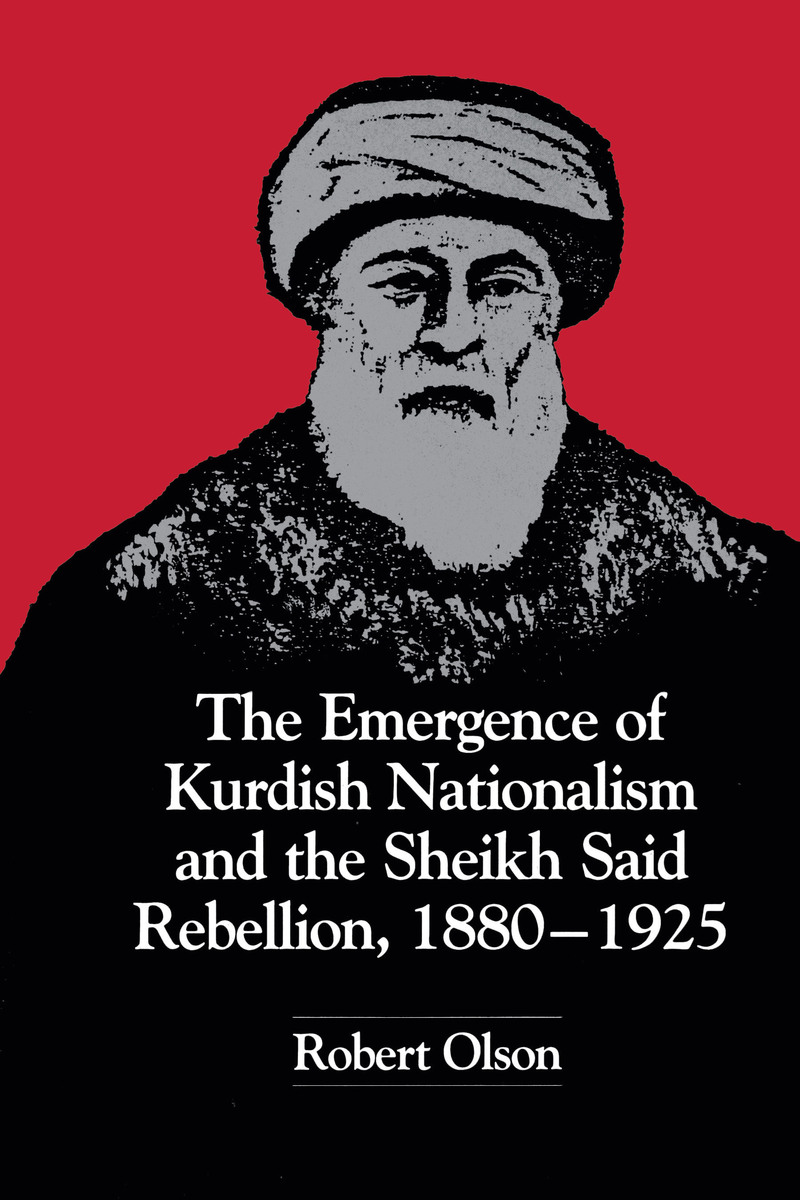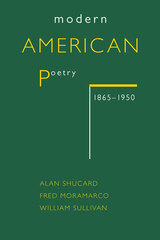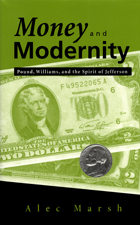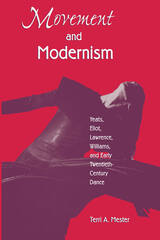Paper: 978-0-292-72085-5 | eISBN: 978-0-292-76412-5 (ePub) | eISBN: 978-0-292-76411-8 (PDF)
The last quarter of the nineteenth century was crucial for the development of Kurdish nationalism. It coincided with the reign of Abdulhamid II (1876-1909), who emphasized Pan-Islamic policies in order to strengthen the Ottoman Empire against European and Russian imperialism, The Pan-Islamic doctrines of the Ottoman Empire enabled sheikhs (religious leaders) from Sheikh Ubaydallah of Nehri in the 1870s and 1880s to Sheikh Said in the 1920s-to become the principal nationalist leaders of the Kurds. This represented a new development in Middle Eastern and Islamic history and began an important historical pattern in the Middle East long before the emergence of the religiousnationalist leadership of Ayatollah Khomeini in Iran.
This is the first work in any Western language dealing with the development of Kurdish nationalism during this period and is supported with documentation not previously utilized, principally from the Public Record Office in Great Britain. In addition, the author provides much new material on Turkish, Armenian, Iranian, and Arab history and new insights into Turkish-Armenian relations during the most crucial era of the history of these two peoples.
See other books on: Emergence | History | Middle East | Olson, Robert
See other titles from University of Texas Press












